1. Archie Bunker (All in the Family)
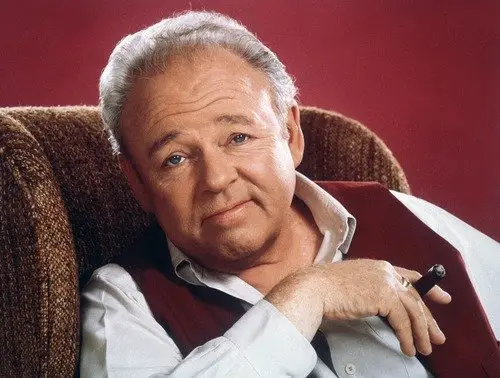
Archie Bunker was the quintessential gruff, opinionated father, and he often came off as a bigot. But peel back the layers, and you’ll see a man who was a product of his time, grappling with a rapidly changing world. Archie’s ignorance didn’t come from hate; it came from fear and confusion. His rough edges often hid moments of vulnerability, like his deep love for his family or his occasional flashes of self-awareness. While he said things that made audiences cringe, Archie also served as a mirror to society’s struggles with race, gender, and politics in the ’70s. He wasn’t a villain—just a man trying to keep up.
2. J.J. Evans (Good Times)
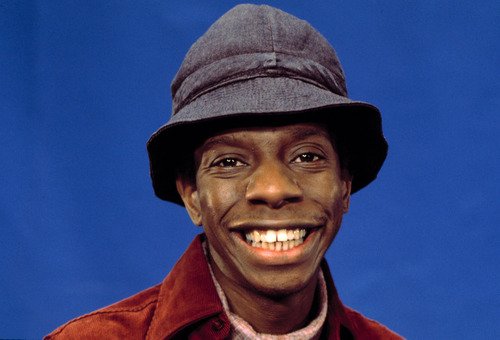
J.J. Evans, with his infectious catchphrase “Dy-no-mite!,” was often seen as comic relief in Good Times. His over-the-top personality and slapstick humor made him a fan favorite, but some critics argued that he was a caricature. What many missed was J.J.’s role as a provider and an optimist. In a family weighed down by poverty and struggle, J.J.’s humor and artistic dreams were his way of coping and lifting up his loved ones. Sure, he made mistakes, but J.J. represented resilience, joy, and the hope that better days were ahead.
3. Frank Furillo (Hill Street Blues)
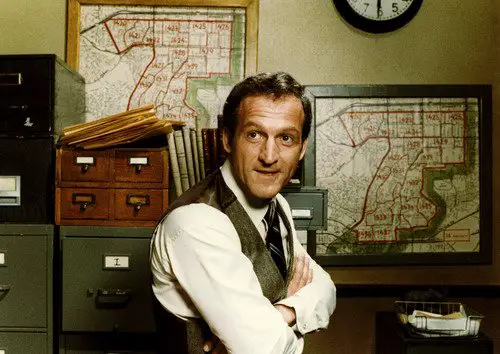
While technically a late ’70s creation, Frank Furillo—the captain in Hill Street Blues—is worth mentioning here. On the surface, Furillo seemed stoic, distant, and all business. But underneath that tough exterior was a man who deeply cared about his officers and his community. His calm demeanor masked the weight of the decisions he had to make, often at great personal cost. Frank was misunderstood because his strength and dedication could come off as cold, but in reality, he was the moral backbone of the series.
4. Major Margaret “Hot Lips” Houlihan (M*A*S*H)
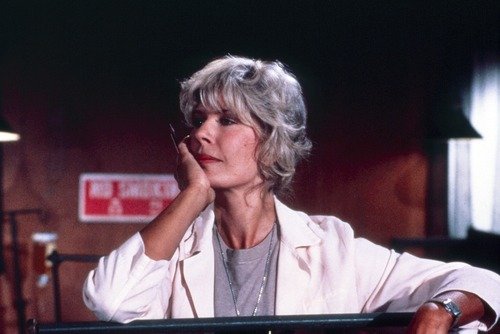
Margaret Houlihan was often labeled as the strict, uptight foil to the more laid-back members of the 4077th. But Margaret was much more than just “Hot Lips.” She was a dedicated and skilled nurse in a chaotic warzone, and her no-nonsense attitude came from her desire for order in a world that made no sense. Her romantic entanglements often distracted viewers from her competence and compassion. Over time, audiences saw Margaret evolve from a punchline to a fully realized, complex character—one who deserved far more credit than she often received.
5. Ralph Malph (Happy Days)
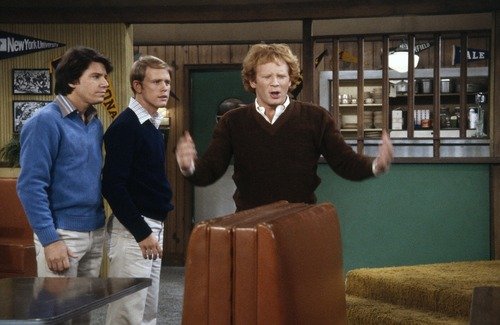
Ralph Malph, the wisecracking jokester of Happy Days, was easy to dismiss as comic relief. Always quick with a gag or a punchline, Ralph rarely got the spotlight—and that’s exactly why he’s misunderstood. Beneath the jokes was a teenager struggling, like everyone else, to find his place in the world. His humor was often a shield to cover his insecurities. Ralph may not have had the swagger of Fonzie or the charm of Richie, but he brought heart and levity to the gang, and that deserves recognition.
6. Fred Sanford (Sanford and Son)
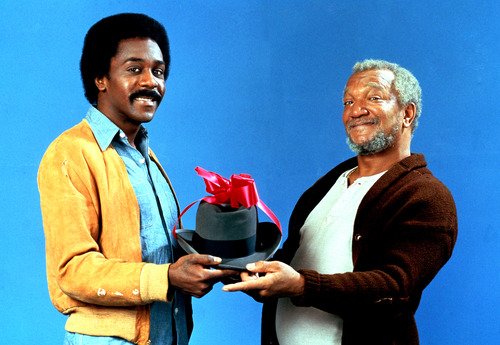
Fred Sanford, the grumpy junk dealer with a sharp tongue, was often seen as selfish and cantankerous. But Fred’s antics were rooted in a deep love for his son, Lamont. He was a hustler trying to survive in a tough world, using humor and wit as his weapons. Fred’s constant scheming and complaining weren’t about greed; they were his way of holding onto control in a life filled with setbacks. His love for Lamont shone through, even when it was buried under insults and sarcasm.
7. Maude Findlay (Maude)
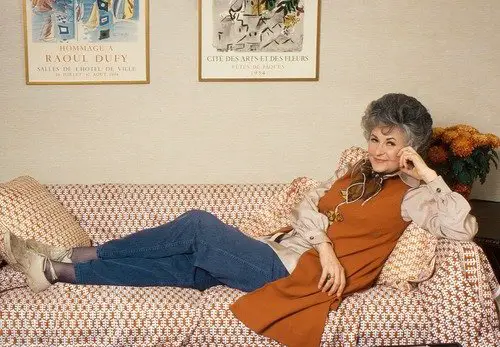
Maude Findlay was bold, opinionated, and ahead of her time—qualities that made her polarizing. She tackled issues like women’s rights, politics, and aging head-on, often rubbing traditionalists the wrong way. But Maude was a character who needed to be misunderstood to make her point. Her flaws, like her tendency to be overbearing, made her relatable, and her courage in confronting taboo topics made her revolutionary. Maude wasn’t perfect, but she was real, and that’s what made her iconic.
8. Dr. Johnny Fever (WKRP in Cincinnati)

Dr. Johnny Fever was the laid-back, eccentric DJ who seemed like he didn’t have a care in the world. His goofball persona made him easy to write off, but Johnny was smarter than he let on. He represented the counterculture spirit of the ’70s, rebelling against authority and embracing individuality. Beneath his quirky exterior was a man who loved music, cared about his colleagues, and used humor to navigate a world that didn’t always make sense. Johnny wasn’t clueless—he just didn’t play by the rules.
9. George Jefferson (The Jeffersons)
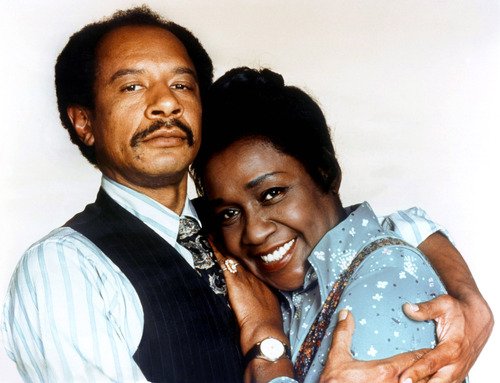
George Jefferson’s brash and ambitious personality often led people to see him as arrogant or selfish. But George’s drive came from a place of pride and perseverance. He was a Black man who fought his way to success despite the odds, and his confidence was hard-won. Underneath his bravado was a man who loved his family and wanted to give them a better life. George’s bluntness could make him seem abrasive, but he was a trailblazer who shattered stereotypes and refused to apologize for his success.
10. Rhoda Morgenstern (Rhoda)
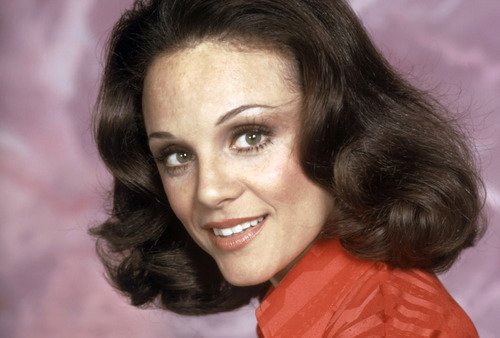
Rhoda Morgenstern, the quirky and self-deprecating best friend from The Mary Tyler Moore Show who later got her own spinoff, was often misunderstood as unlucky in life and love. But Rhoda’s relatability was her superpower. She was flawed, funny, and endlessly resilient. Her struggles with self-image and relationships resonated with viewers because they were real. Rhoda wasn’t a failure—she was a woman figuring herself out in a world that didn’t always make room for imperfection.
11. Sergeant Schultz (Hogan’s Heroes)
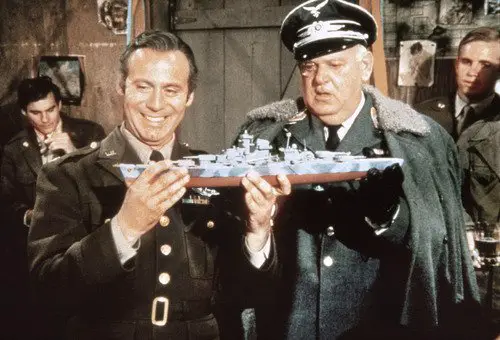
Sergeant Schultz, with his famous line, “I know nothing!” was often dismissed as comic relief. The bumbling guard seemed clueless, but many fans forget that Schultz was caught in an impossible position. He had no real power in a Nazi POW camp, and his “ignorance” was often a quiet rebellion against the horrors around him. Schultz’s humor and passivity made him likable, but beneath it all was a man who chose to look the other way as a means of survival.
12. Lenny and Squiggy (Laverne & Shirley)
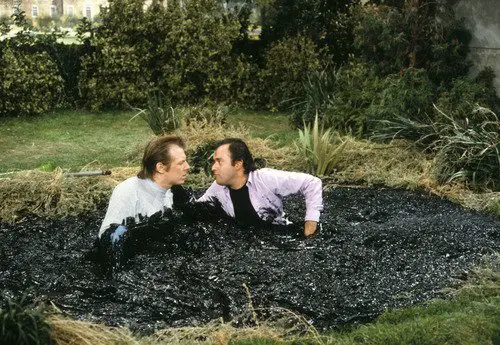
Lenny and Squiggy were the oddball duo from Laverne & Shirley who were often dismissed as goofy sidekicks. Their awkward social skills and bizarre antics made them easy to laugh at, but they were more than just punchlines. Lenny and Squiggy were loyal friends who provided comic relief in an often stressful world. Their eccentricities highlighted the importance of staying true to yourself, even if you don’t quite fit in. They weren’t clueless—they were unapologetically themselves.
13. Oscar Madison (The Odd Couple)
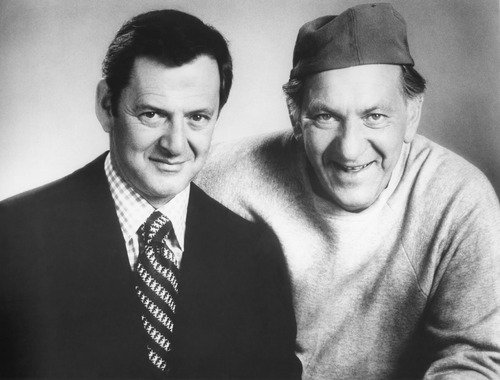
Oscar Madison, the sloppy sportswriter from The Odd Couple, was often seen as lazy and unrefined compared to his neat-freak roommate, Felix Unger. But Oscar’s easygoing attitude masked a deep loyalty to his friends. He might not have cared about cleanliness, but he cared about people. Oscar represented a free-spirited approach to life that clashed with Felix’s rigidity, and while he was messy, he was also warm, funny, and quick to lend a hand when it really mattered.


